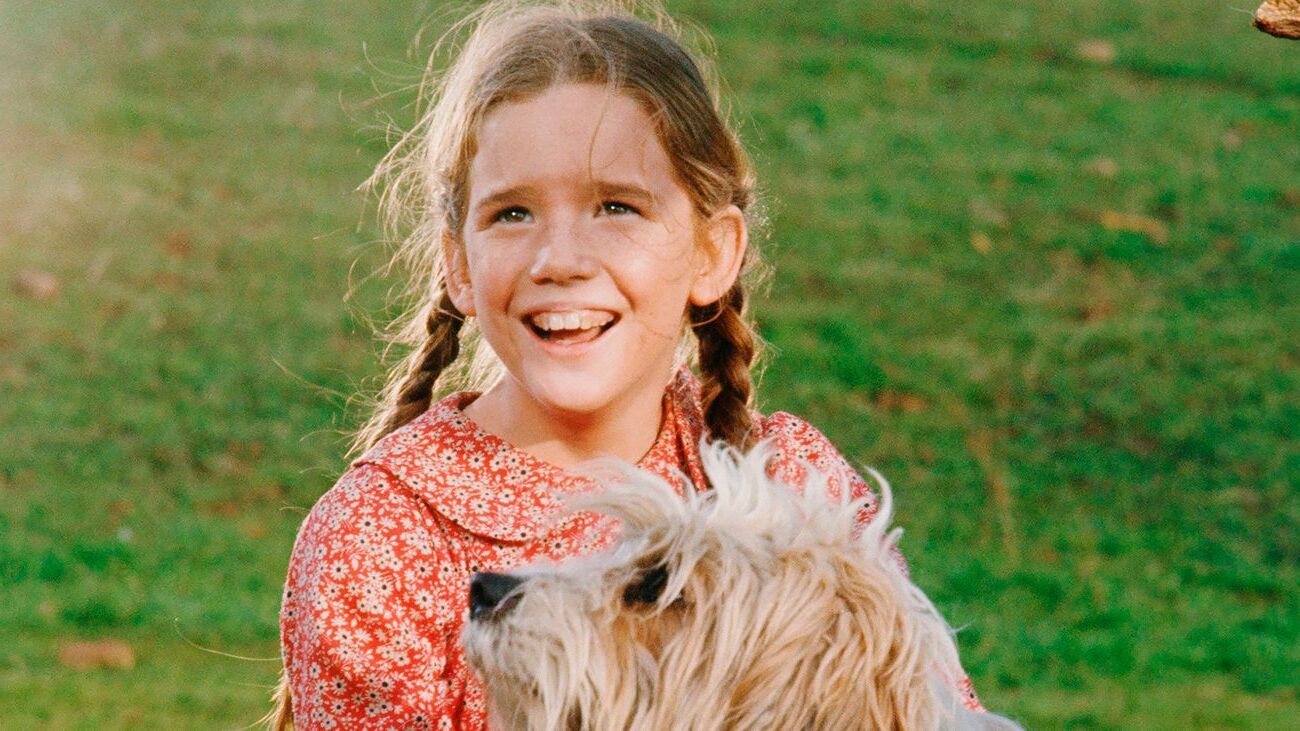
Ever wondered about the real-life adventures behind the "Little House on the Prairie" series? Laura Ingalls Wilder, a name synonymous with pioneering spirit and resilience, has fascinated readers for generations. But how much do you really know about her? From her humble beginnings in a log cabin to becoming an iconic American author, Wilder's life was filled with the kind of twists and turns that could rival any of her beloved stories. In this blog post, we're about to uncover 16 amazing facts about Laura Ingalls Wilder that will surprise even the most devoted fans. Ready to journey back in time and discover the untold stories behind the famous bonnet? Let's get started!
Key Takeaways:
- Laura Ingalls Wilder, author of the beloved Little House on the Prairie series, captured the challenges and triumphs of pioneer life with her warm and realistic storytelling.
- Wilder's timeless influence extends beyond literature, inspiring academic studies, musicals, and countless adaptations, demonstrating her ability to resonate with readers across different times and cultures.
Who Was Laura Ingalls Wilder?
Laura Ingalls Wilder, born on February 7, 1867, in Pepin, Wisconsin, was an American writer known for her Little House on the Prairie series of children's books. These books, based on her childhood in a settler and pioneer family, have become American classics and inspired a beloved television series. Wilder's stories of life in the late 19th century American Midwest captivate readers with their warmth, realism, and sense of adventure.
Early Life on the Prairie
-
Laura's family moved frequently throughout her childhood, living in Kansas, Minnesota, and South Dakota. These moves were often in search of better living conditions and farming opportunities.
-
Despite the idyllic scenes depicted in her books, Laura's life was filled with hardships. Her family faced illness, economic instability, and the challenges of living on the frontier.
The Little House Books
-
Wilder began writing the Little House series in the 1930s, during the Great Depression, as a way to preserve tales of her family's pioneering days.
-
The first book in the series, "Little House in the Big Woods," was published in 1932 when Laura was 65 years old.
-
Her books have been translated into over 40 languages, showing their universal appeal.
Impact and Legacy
-
The "Little House on the Prairie" television series, which aired from 1974 to 1983, was loosely based on Wilder's books. It played a significant role in popularizing her stories with new generations.
-
Wilder's detailed descriptions of pioneer life have made her books valuable resources for historians studying the American West.
-
In 1954, the American Library Association introduced the Laura Ingalls Wilder Medal, a prestigious award given to authors or illustrators who have made a significant contribution to children's literature. Wilder was the first recipient of this award, named in her honor.
Personal Life and Beliefs
-
Laura married Almanzo Wilder in 1885. Their only surviving child, Rose Wilder Lane, became a well-known journalist and writer.
-
Wilder's writings reflect her strong spirit of independence and self-reliance, values that were deeply ingrained in the American frontier ethos.
-
Despite facing criticism for some of the depictions in her books, Wilder's work remains a testament to her belief in the importance of family, hard work, and perseverance.
Later Years and Death
-
Laura Ingalls Wilder passed away on February 10, 1957, at the age of 90, in Mansfield, Missouri, where she had lived for over 60 years.
-
Her home in Mansfield, known as Rocky Ridge Farm, has been preserved as a museum, attracting fans of her books from around the world.
A Timeless Influence
-
Wilder's influence extends beyond literature. Her life and works have inspired academic studies, musicals, and countless adaptations.
-
The enduring popularity of Wilder's books demonstrates their ability to resonate with readers across different times and cultures.
-
Her vivid storytelling not only entertains but also provides a window into the challenges and triumphs of American pioneer life, making Laura Ingalls Wilder a beloved figure in children's literature and American history.
A Look Back at Laura Ingalls Wilder's Legacy
Laura Ingalls Wilder's life and works continue to inspire readers around the globe. Her stories, rooted in the American frontier's challenges and triumphs, offer a window into a bygone era. Wilder's vivid storytelling, enriched by her personal experiences, has made her books beloved classics. They teach us about resilience, family values, and the importance of community. Beyond entertainment, her narratives serve as educational tools, providing insights into the historical and cultural contexts of the late 19th century. Wilder's legacy, preserved through her literature and the ongoing interest in her life story, ensures that future generations will continue to learn from and be enchanted by her tales. Her impact on American literature and history is undeniable, making her an enduring figure in the literary world.
Frequently Asked Questions
Was this page helpful?
Our commitment to delivering trustworthy and engaging content is at the heart of what we do. Each fact on our site is contributed by real users like you, bringing a wealth of diverse insights and information. To ensure the highest standards of accuracy and reliability, our dedicated editors meticulously review each submission. This process guarantees that the facts we share are not only fascinating but also credible. Trust in our commitment to quality and authenticity as you explore and learn with us.


